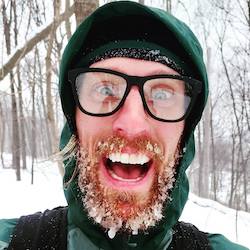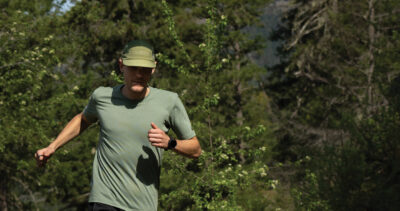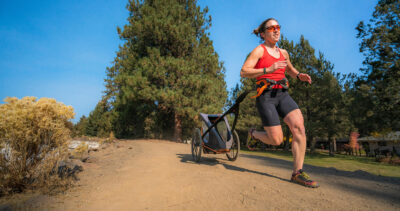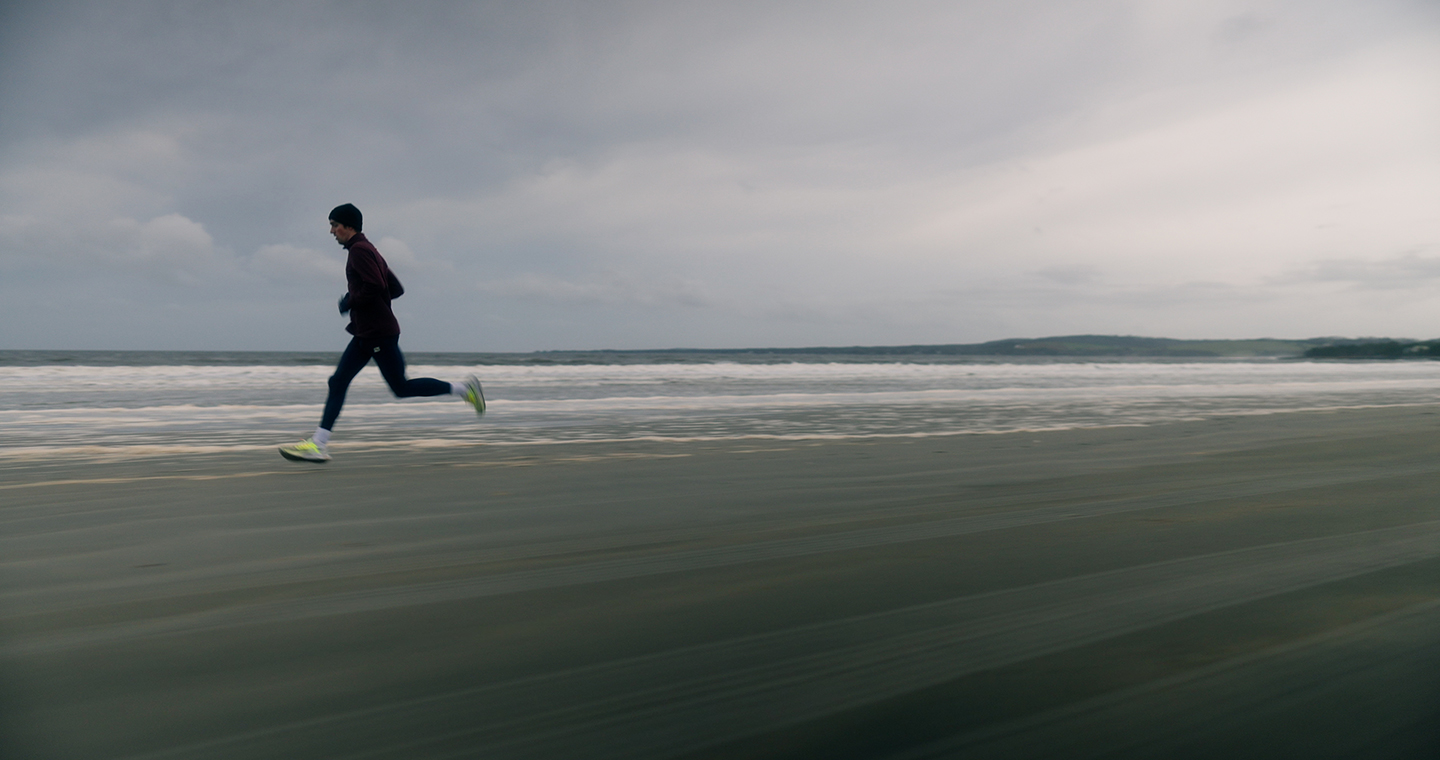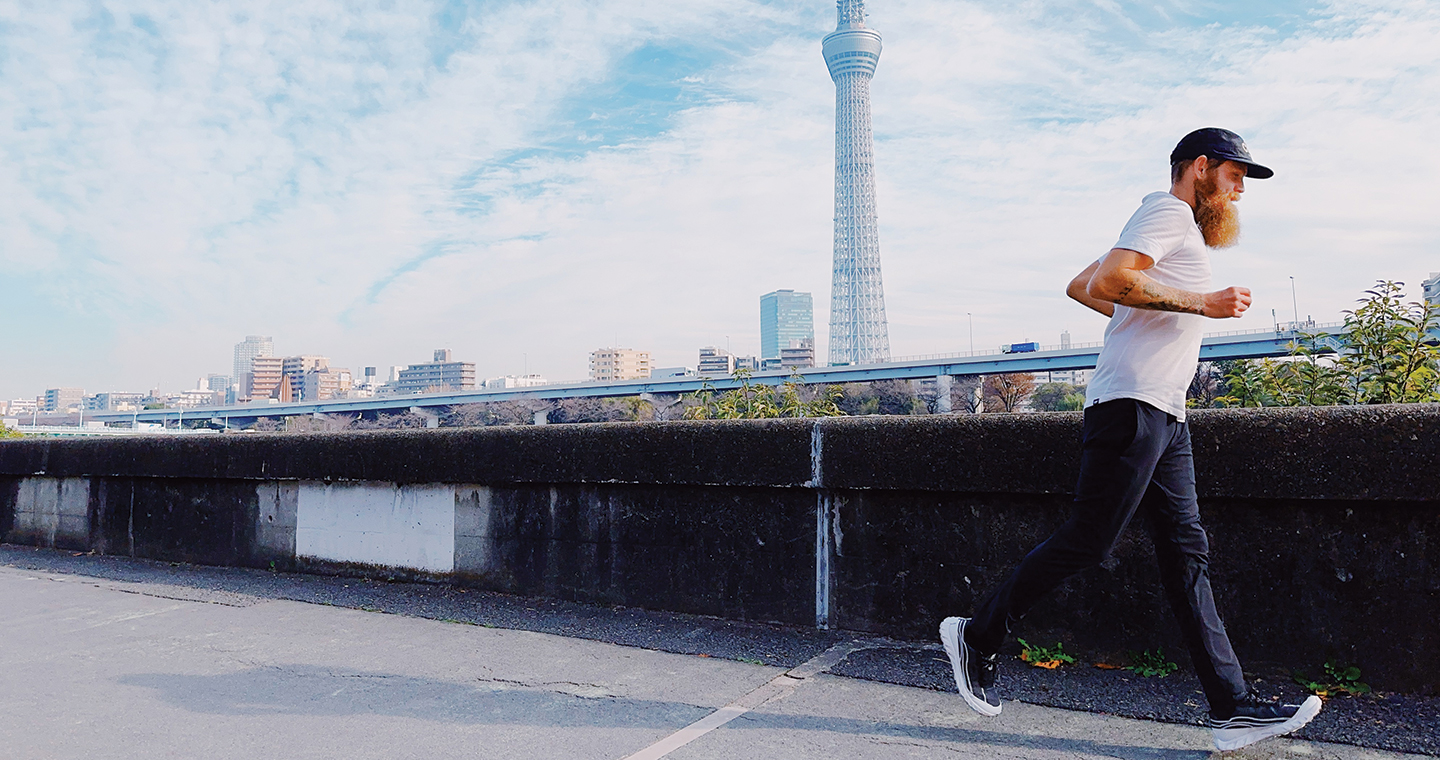
marathon earth challenge
marathon earth challenge
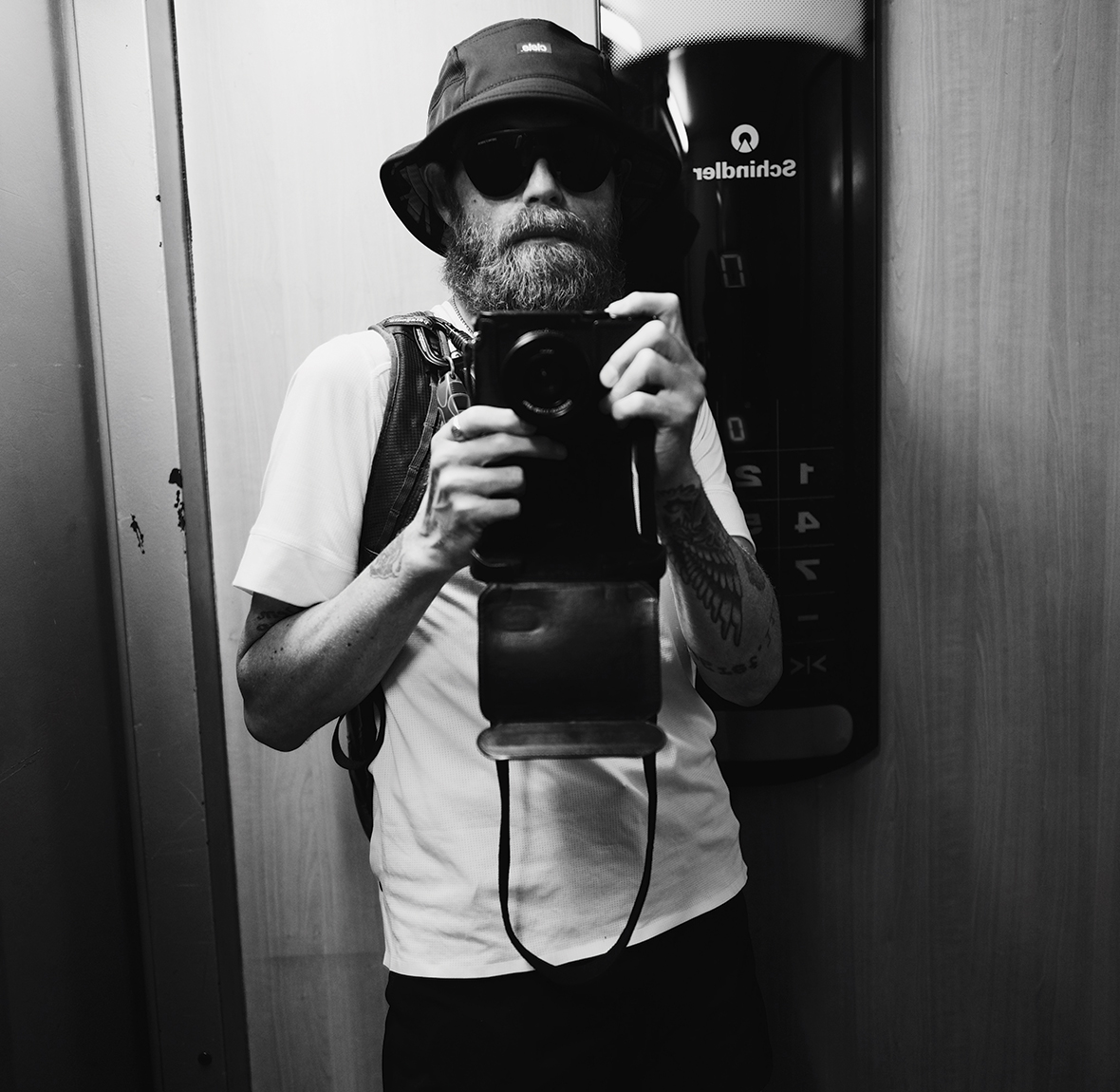
words x
paul lott
photos x
ben pobjoy
When most of us crack open the calendar at the beginning of the year to start pencilling in the races and marathons we’d like to run, we typically hold some degree of motivation pushing us towards committing to the long road ahead. It’s different for everyone. While some of us are focused on hitting our PR or simply crossing the finish line for the first time, there are those non-conformist running punks amongst us who take the 42.2 kilometre benchmark and apply their own brand of adventurous attitude and personal motivations to cover running’s most coveted distance.
At the end of 2022, we caught wind of a fellow Canadian runner’s wildly ambitious plan to tackle not one or two marathons, but rather, aimed to set the Guinness Book of World Records for the most freestyle marathons run in a single calendar year. With the previous record standing at 239, Toronto local, Ben Pobjoy, could have chosen to simplify his attempt by surpassing the record on his home turf. However, he chose to raise the bar by a considerable margin by setting out to complete the most marathons run in the most countries in a single calendar year.
At the end of 2022, we caught wind of a fellow Canadian runner’s wildly ambitious plan to tackle not one or two marathons, but rather, aimed to set the Guinness Book of World Records for the most freestyle marathons run in a single calendar year. With the previous record standing at 239, Toronto local, Ben Pobjoy, could have chosen to simplify his attempt by surpassing the record on his home turf. However, he chose to raise the bar by a considerable margin by setting out to complete the most marathons run in the most countries in a single calendar year.
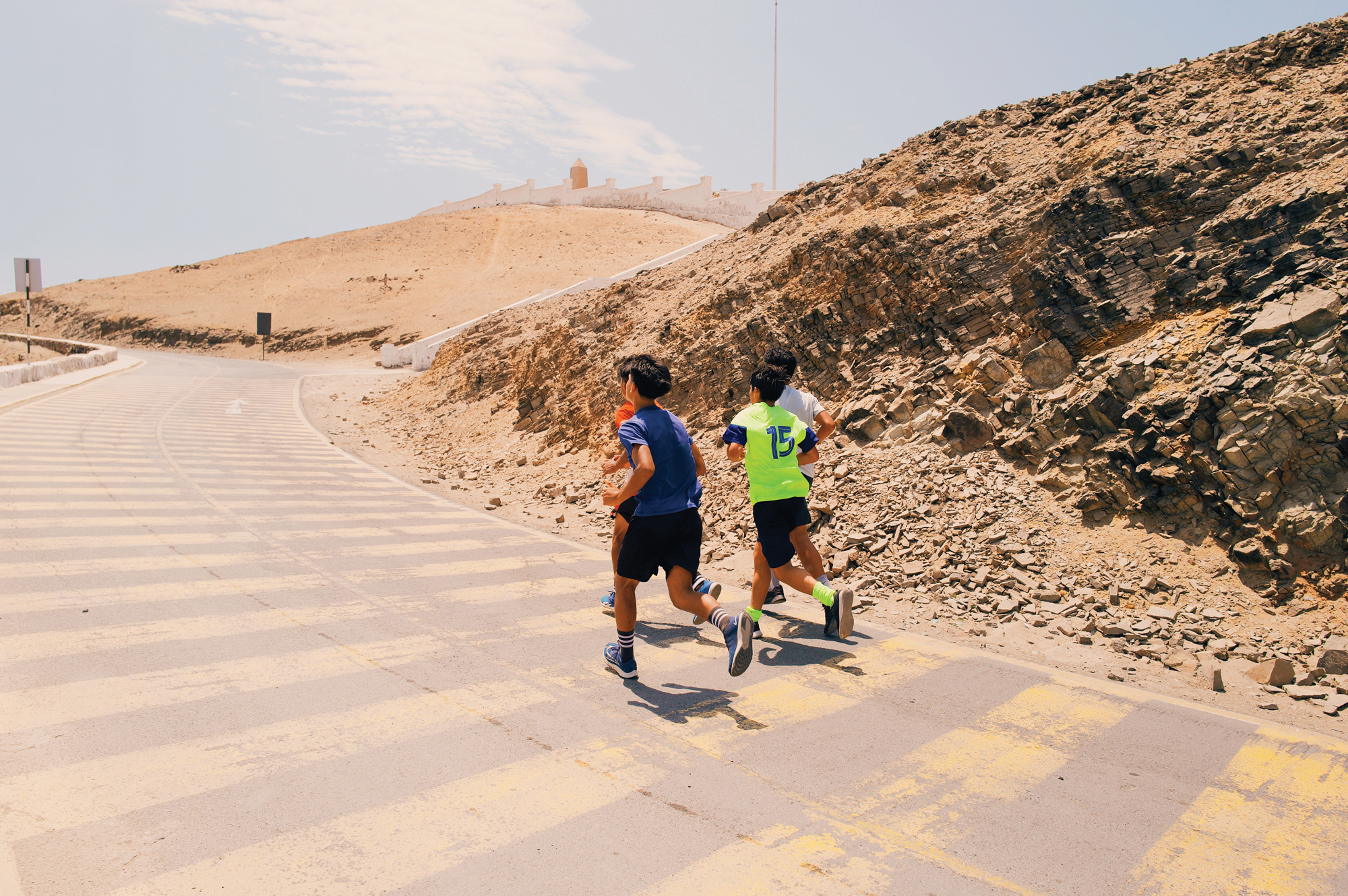
Ben’s love for running, travel, and documenting culture led him to embark upon the Marathon Earth Challenge at the beginning of 2023 to not only take on the monumental task of running a knee buckling amount of kilometres, but to also showcase and share the beauty of the people and places he chose to visit. By running slowly and purposefully, Ben aimed to share every step of his journey with his audience and the rest of the running and non-running world. Now that 2024 is here and Ben’s Marathon Earth Challenge has been completed, I had a chance to sit down with him to dig into his motivations, learn about the logistical challenges of embarking upon such an enormous undertaking, and to hear about the highs and lows of his year-long adventure.
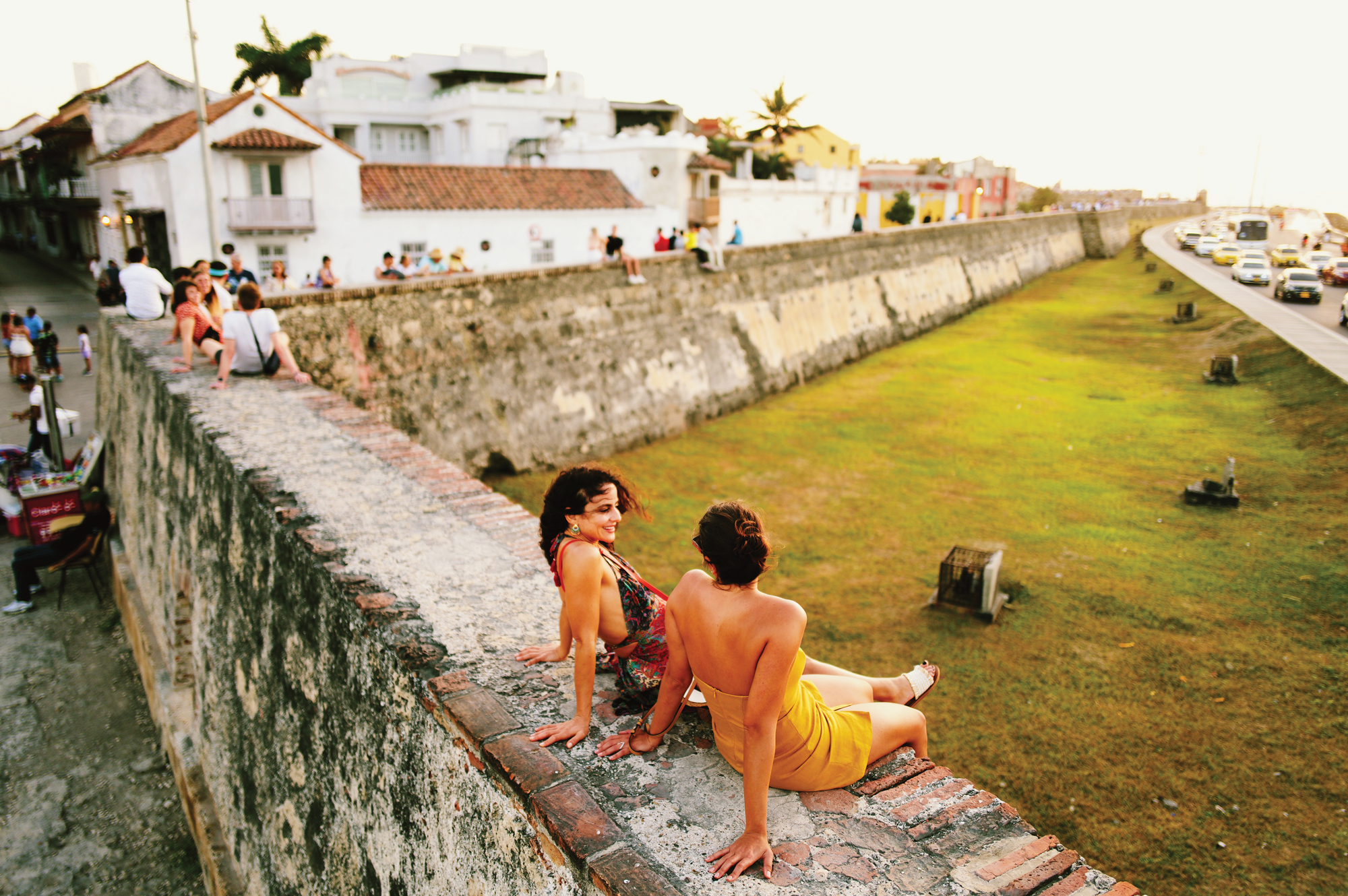
What was your main objective for the Marathon Earth Challenge? Was it more about running the most marathons in a year, using running as a way to see the world, or a mixture of both?
on paper, the marathon earth challenge was an attempt to do as many freestyle marathons — in as many different countries as possible — within a calendar year; done to hopefully set a new world record.
I ended up doing 242 marathons in almost 70 countries in 2023…which I’m logistically proud of because the entire project was DIY, self-organized, self-funded, and just me (I had no road crew). To be honest, I don’t identify as an athlete, I’m just a wanderer who uses freestyle marathons to intimately weave myself through the world’s streets, back alleys, and trails; done to document the world with my camera as well as tell stories about the human condition with my pen. If I told people I was going for an endless trek simply to go observe and document life, they’d likely be puzzled…so ‘the marathon’ is just a socially acceptable unit of measurements (that justifies my flânerie and advances my interest in psychogeography). A marathon through the real world — for me — is the best medium for documentation, and it just so happens to be a physical thing.
Also, I exist in a weird corner of the endurance sports space. I have no interest in speed…rather, I’m interested in length; I like long distances because they enable me to be outside for a long time. So I’m either the fastest walker or the slowest runner ever…because I’ve done nearly 75,000 kilometres by foot around the earth since 2015 (and I go slowly to go far, and do so to prevent injuries so I can move outdoors every day). Like, I’m well into my second lap of earth’s circumference, I don’t pound…I savour every slow step!
Also, I exist in a weird corner of the endurance sports space. I have no interest in speed…rather, I’m interested in length; I like long distances because they enable me to be outside for a long time. So I’m either the fastest walker or the slowest runner ever…because I’ve done nearly 75,000 kilometres by foot around the earth since 2015 (and I go slowly to go far, and do so to prevent injuries so I can move outdoors every day). Like, I’m well into my second lap of earth’s circumference, I don’t pound…I savour every slow step!
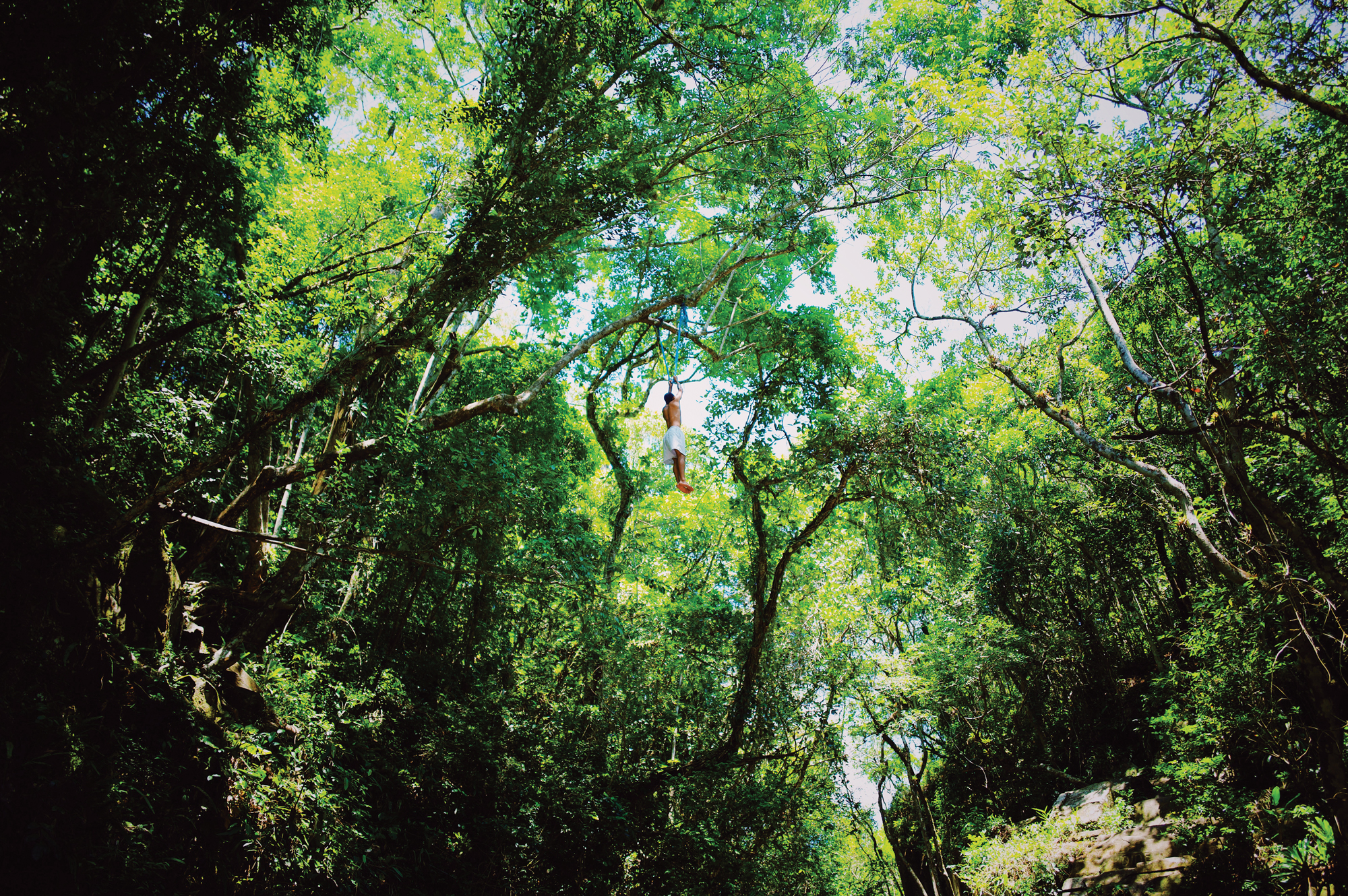
How did running in a foreign country affect the way you experience it on a cultural and/or physical level? How did it differ from going as your average tourist?
Every town or city on the planet has its major sites and attractions. Many are cool — and are generally accessible by car, cab, bus or train — but I like flowing through ‘local life’ by foot, being the stuff that’s physically in-between or outside of the major sites and attractions. For me, that’s where the small wonderful moments are found, and those moments inspire me to cover big distances on foot by way of marathon to find more of them. Basically, the world is my muse…and my marathons are my admiration for it. Plus, the marathon is functional…I can easily pull-over when anything catches my eye (because I move slow in comparison to a car), I can have spontaneous interactions with people on streets (as opposed to whizzing by them), and I’m just out there in the streets making myself available to serendipity.
Every town or city on the planet has its major sites and attractions. Many are cool — and are generally accessible by car, cab, bus or train — but I like flowing through ‘local life’ by foot, being the stuff that’s physically in-between or outside of the major sites and attractions. For me, that’s where the small wonderful moments are found, and those moments inspire me to cover big distances on foot by way of marathon to find more of them. Basically, the world is my muse…and my marathons are my admiration for it. Plus, the marathon is functional…I can easily pull-over when anything catches my eye (because I move slow in comparison to a car), I can have spontaneous interactions with people on streets (as opposed to whizzing by them), and I’m just out there in the streets making myself available to serendipity.
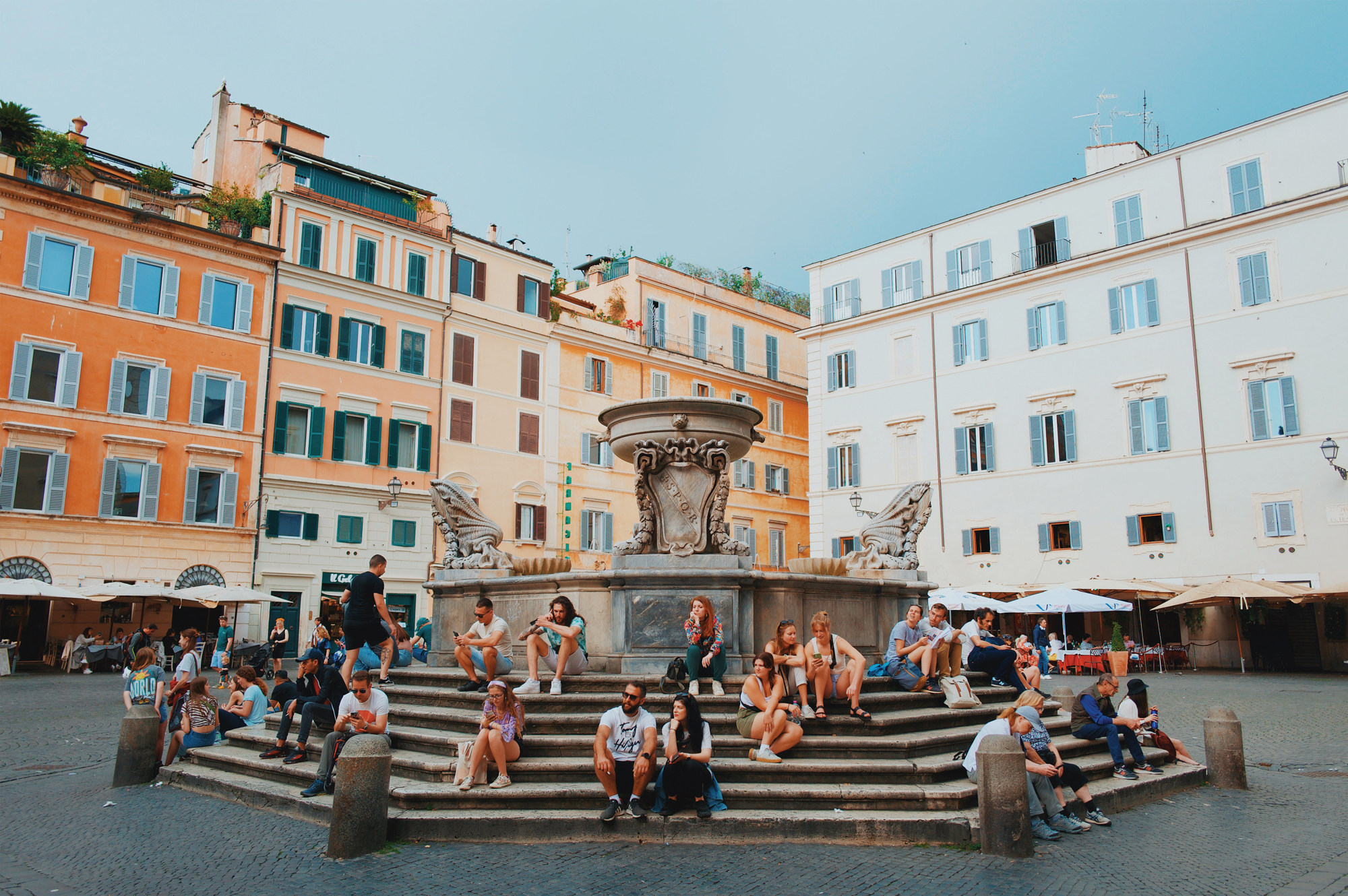
What are some of the positive things you noticed about your approach to running as a means of travel and exploration?
I love fast punk rock…but hate everything else ‘fast’ about life…because I’m a slacker at heart (it is my curiosity that has the work ethic). The freestyle marathon? It’s slow and aimless…and just a long distance thing that invites discovery, and scratches the itch of one’s curiosities. Plus, the marathon functionally gets me into the nooks and crannies of any place. I honestly can’t imagine travelling any other way…I feel like I’d see — and experience — so much less sans marathon.
I love fast punk rock…but hate everything else ‘fast’ about life…because I’m a slacker at heart (it is my curiosity that has the work ethic). The freestyle marathon? It’s slow and aimless…and just a long distance thing that invites discovery, and scratches the itch of one’s curiosities. Plus, the marathon functionally gets me into the nooks and crannies of any place. I honestly can’t imagine travelling any other way…I feel like I’d see — and experience — so much less sans marathon.
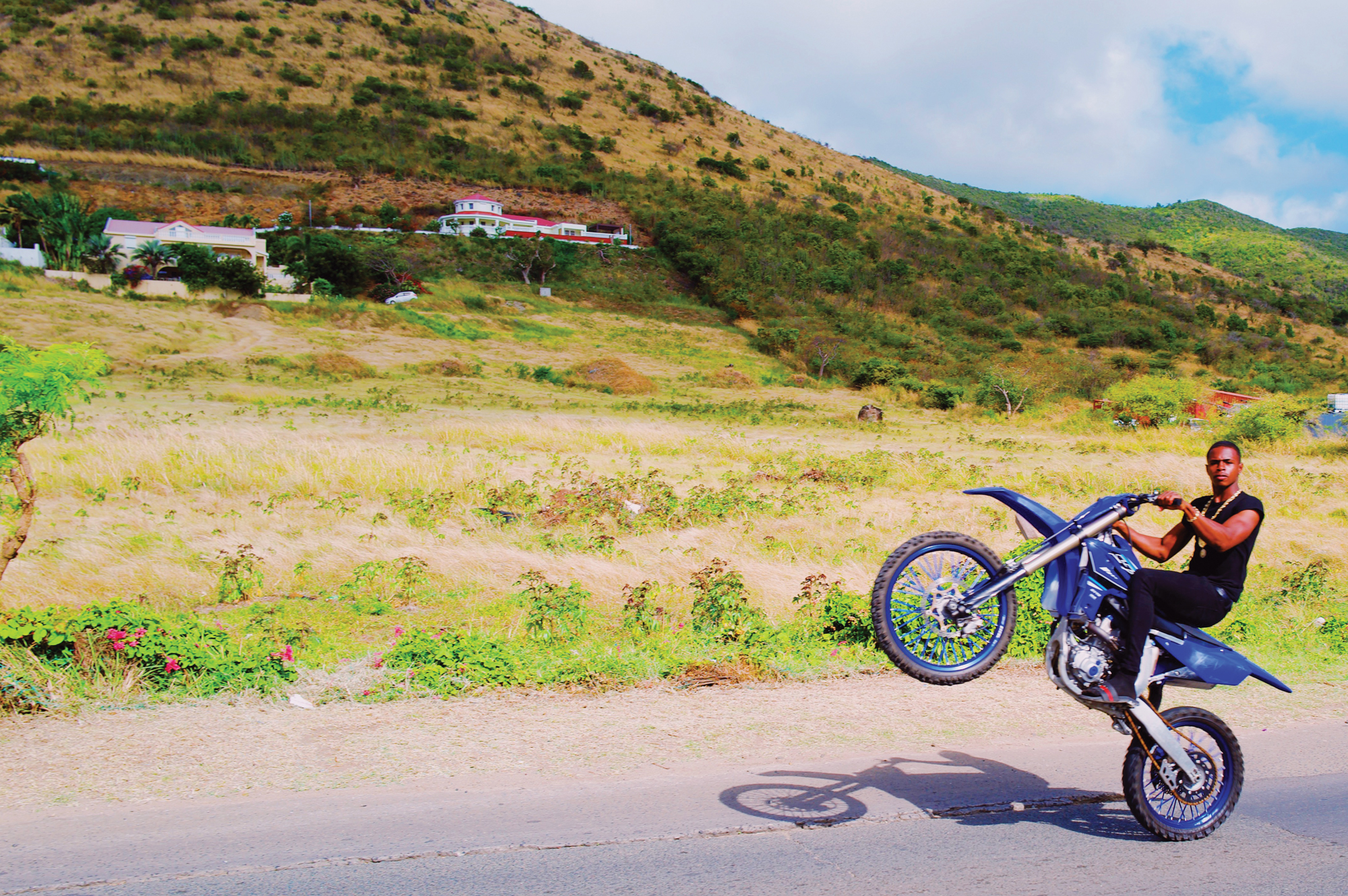
Tell us a bit about the sensory experiences of running marathons in foreign countries and how it differs from running back home? Which one of your senses was activated the most?
I have probably done 50,000 kilometres by foot around my hometown of Toronto…every stone has been turned over, and I know the city so well I could marathon it blind. Whereas marathoning anywhere else, it’s like I am slowly being hurled through space and time and history and civilization and culture (both past or present). Abroad, it is so electrifying and energizing because I’m deep in the mix, and just fully immersed in the sights and sounds and smells (which are all new…not stale like the ones back home). In terms of senses, I can always recall colour first…I guess because I’m visual hence the attraction to photography. So, the vibrant flowers seen everywhere…they stand out most in the memory of my mind. But then I quickly remember all the raw sewage I’ve splashily stepped through (and you’ll find few people out there who’ve smelled the sheer amount of horrible things that I have LOL).
I have probably done 50,000 kilometres by foot around my hometown of Toronto…every stone has been turned over, and I know the city so well I could marathon it blind. Whereas marathoning anywhere else, it’s like I am slowly being hurled through space and time and history and civilization and culture (both past or present). Abroad, it is so electrifying and energizing because I’m deep in the mix, and just fully immersed in the sights and sounds and smells (which are all new…not stale like the ones back home). In terms of senses, I can always recall colour first…I guess because I’m visual hence the attraction to photography. So, the vibrant flowers seen everywhere…they stand out most in the memory of my mind. But then I quickly remember all the raw sewage I’ve splashily stepped through (and you’ll find few people out there who’ve smelled the sheer amount of horrible things that I have LOL).
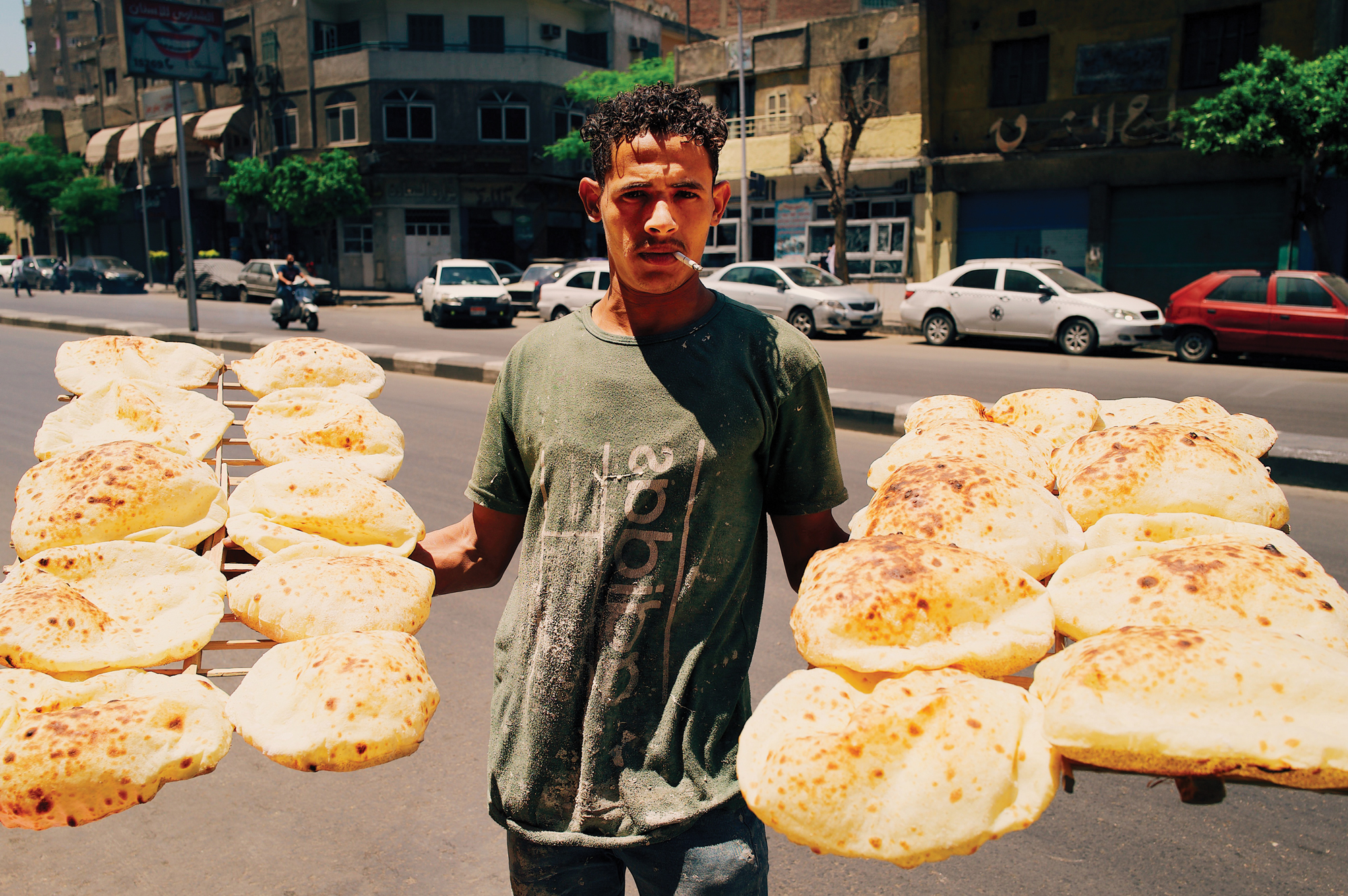
How did you manage your food intake while abroad? Were there a few guidelines you set for yourself to help avoid the possibility of setbacks like food poisoning?
I have done a handful of different international marathon projects where I’m doing hundreds of kilometres by foot every few days…so nutrition varies. On past trips I could afford to eat well, and had the luggage space to travel with vitamins and minerals. On the Marathon Earth Challenge, I had a very tight budget, I couldn’t really afford to eat at many restaurants, I had varying access to kitchens, and my luggage was my backpack because I had to be nimble and mobile (so I didn’t have space for things like supplements). As such — in 2023 — I mostly ate canned beans, raw fresh veg, bananas, dried fruit, nuts, and seeds…trying to eat about 6,000 calories a day (when marathoning). Being sidelined by anything — be it injury, food poisoning, imprisonment, whatever — was the enemy of my project…so risk-assessment and risk mitigation was constant.
I have done a handful of different international marathon projects where I’m doing hundreds of kilometres by foot every few days…so nutrition varies. On past trips I could afford to eat well, and had the luggage space to travel with vitamins and minerals. On the Marathon Earth Challenge, I had a very tight budget, I couldn’t really afford to eat at many restaurants, I had varying access to kitchens, and my luggage was my backpack because I had to be nimble and mobile (so I didn’t have space for things like supplements). As such — in 2023 — I mostly ate canned beans, raw fresh veg, bananas, dried fruit, nuts, and seeds…trying to eat about 6,000 calories a day (when marathoning). Being sidelined by anything — be it injury, food poisoning, imprisonment, whatever — was the enemy of my project…so risk-assessment and risk mitigation was constant.
because of this, I couldn’t eat much street food — which is a tragedy…because everything looked and smelled delicious — but I never once caught a stomach bug either.
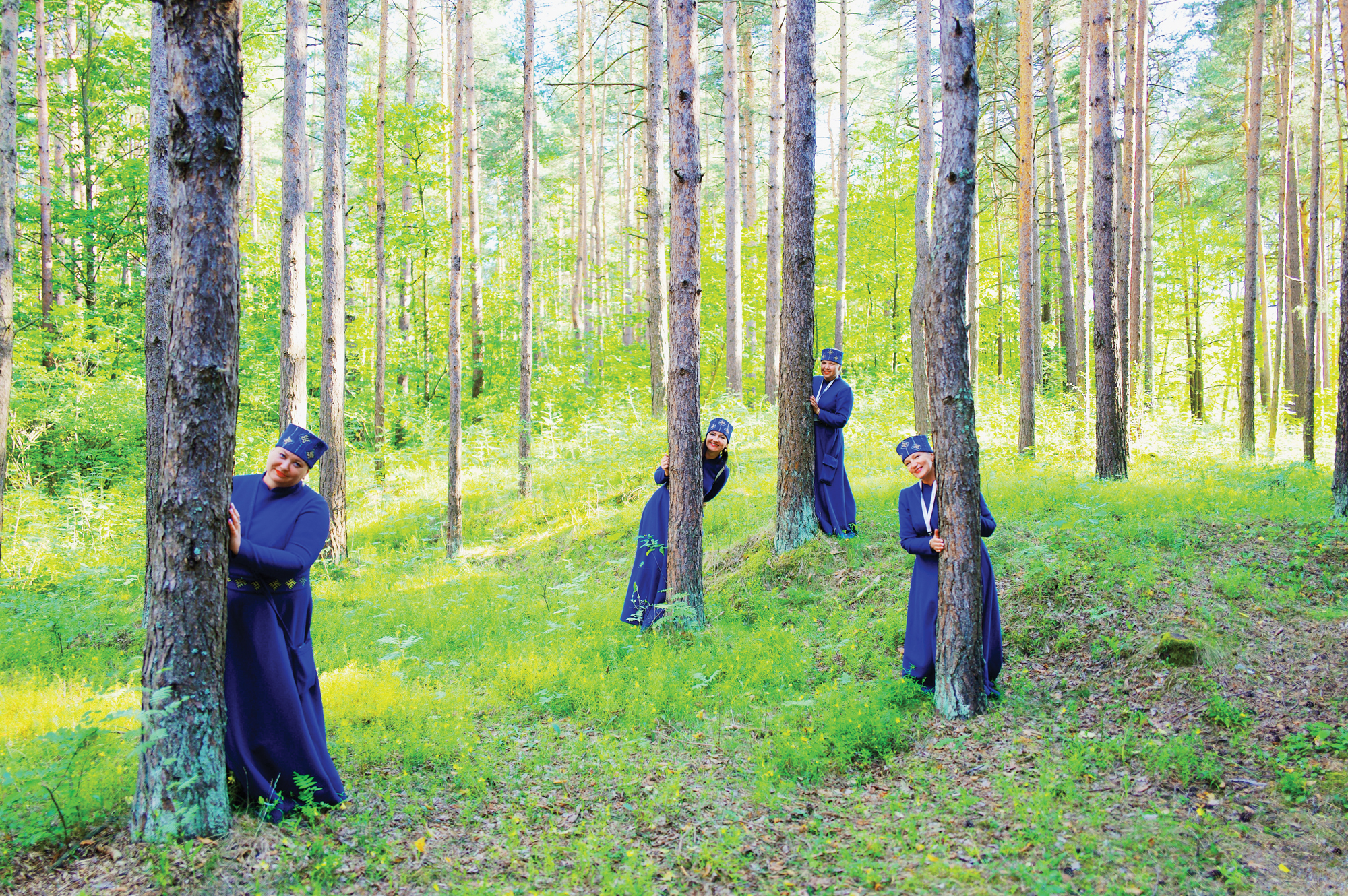
You’d spoken in your journal about shakedowns and robberies. Other than being the subject of extortion, what kind of attention did your running draw from locals?
Danger will eventually find anyone…but my field craft is very tight. Like, I kinda defy the law of averages; I have trekked a big cumulative amount by foot, but have had very few problems. And I do this completely solo (no security or fixers). Some of my safety can be attributed to luck, but much has to do with my approach as well as the skills I’ve developed in the field. For instance, I don’t marathon in flashy colours, I keep a low profile, my tech is hidden, and I never listen to music. Rather, I’m constantly scanning for danger to avoid (and delights to document), and listening out for things like gunshots, footsteps creeping up on me, or whistles from petty criminals. I also move through the world quite defensively. All that said, you get robbed and assaulted and cornered from time to time. It is what it is. Adventure is a bucket full of diamonds and dog shit; everyone wants the paradisiacal swim spot all to themselves, but no one wants the violence and the terror…and it just doesn’t work that way. Adventure is the full spectrum of good and bad.
Danger will eventually find anyone…but my field craft is very tight. Like, I kinda defy the law of averages; I have trekked a big cumulative amount by foot, but have had very few problems. And I do this completely solo (no security or fixers). Some of my safety can be attributed to luck, but much has to do with my approach as well as the skills I’ve developed in the field. For instance, I don’t marathon in flashy colours, I keep a low profile, my tech is hidden, and I never listen to music. Rather, I’m constantly scanning for danger to avoid (and delights to document), and listening out for things like gunshots, footsteps creeping up on me, or whistles from petty criminals. I also move through the world quite defensively. All that said, you get robbed and assaulted and cornered from time to time. It is what it is. Adventure is a bucket full of diamonds and dog shit; everyone wants the paradisiacal swim spot all to themselves, but no one wants the violence and the terror…and it just doesn’t work that way. Adventure is the full spectrum of good and bad.
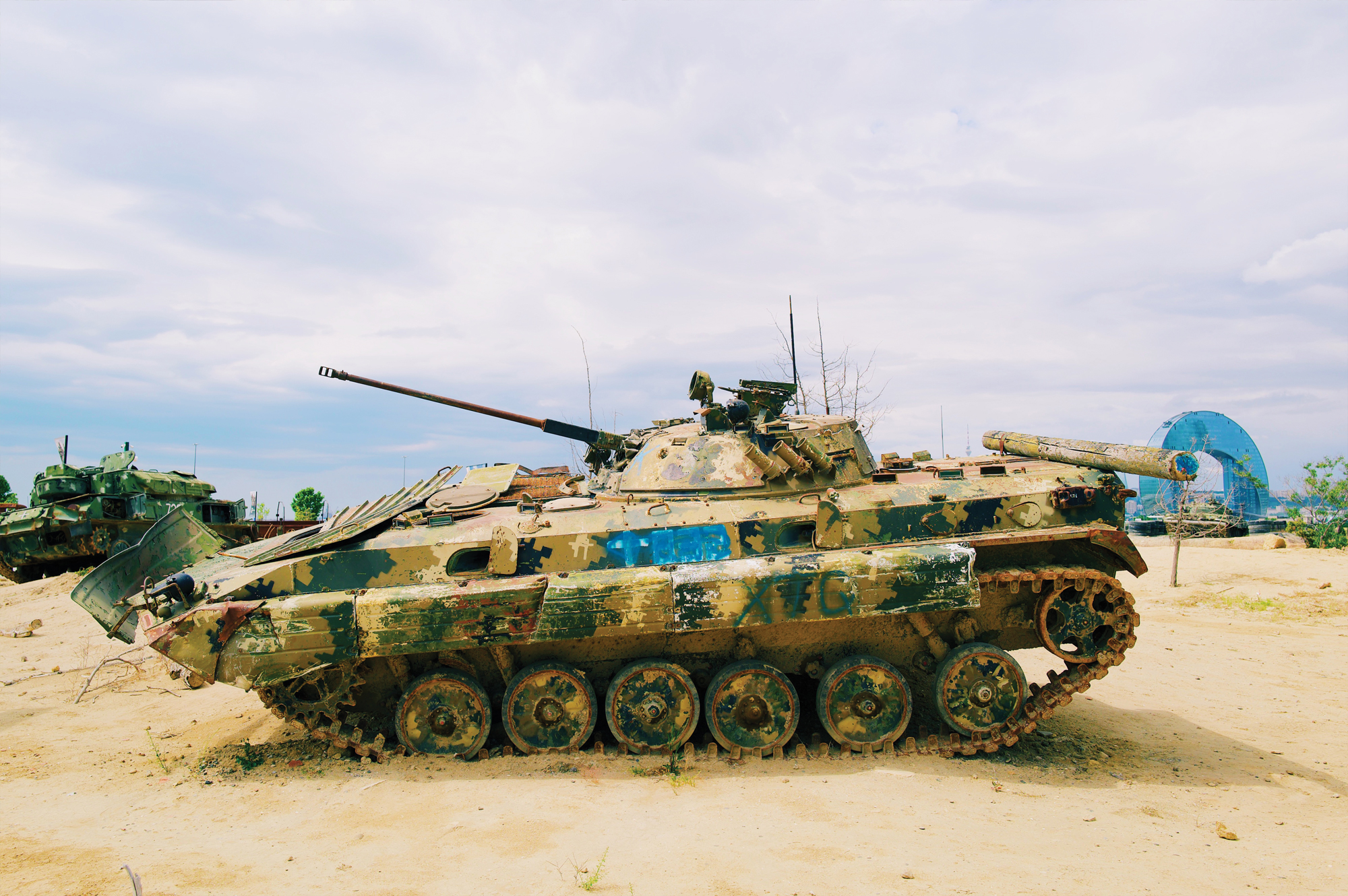
What were some of the most memorable experiences you had that stand out in particular, whether they be cultural or natural?
the marathon earth challenge was the privilege of a lifetime…I loved going everywhere…even the places I discovered I hated.
Marathoning the Galápagos was phenomenal — being alone and up-close to things like tortoises and sea lions in their natural environments — it was just incredible. The Baltic States aren’t getting their due as cultural hotspots. And countries like Japan and India are just such heavy hitters in terms of what they offer. Project-wide, I got to hang with young people doing rad things, Sumos in their gym, Muay Thai fighters backstage at a stadium, funny old blokes…all of it ruled. The only things I wasn’t too hot on were theocratic kingdoms or autocratic dictatorships…they generally don’t pass the vibe check!
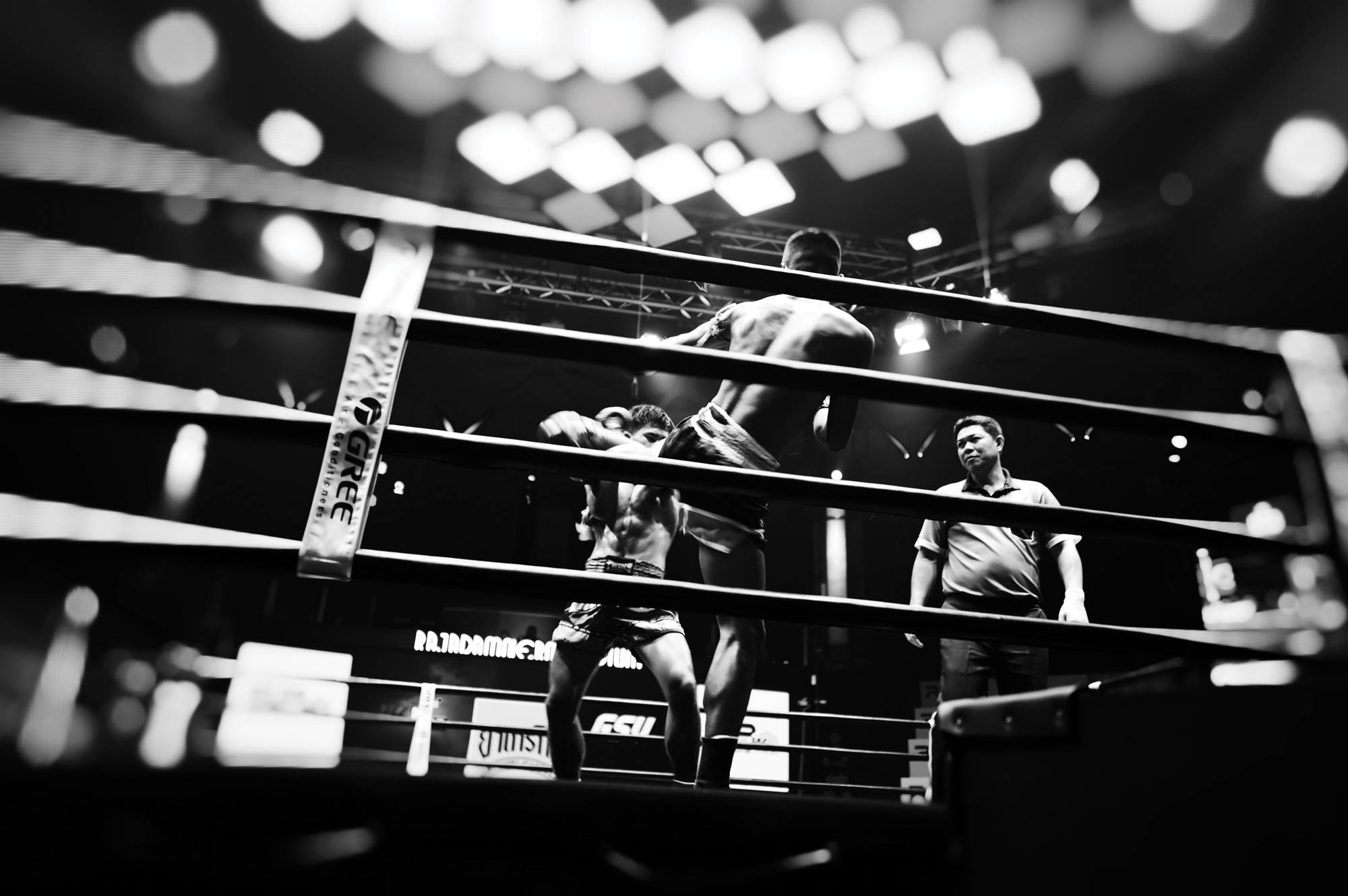
What were a few of the unforeseen challenges you faced and how did you overcome them?
My baseline for pain and stress — when on marathons — is broken. So dealing with challenges…it’s part of the deal, and doesn’t bother me much (hence why I included the word ‘challenge’ in my project’s name…because I knew it wouldn’t be a walk in the park). So, like, having projectiles hurled at you or multiple people trying to jump you isn’t fun…but the modus operandi is to quickly and effectively solve or neutralize the problems that present themselves to you in real-time. All that said, I’ve got my fill of wet bulb temperatures…your organs don’t feel good when your body can’t shed heat. Oh, I also don’t need to endure any more monsoon rain either.
My baseline for pain and stress — when on marathons — is broken. So dealing with challenges…it’s part of the deal, and doesn’t bother me much (hence why I included the word ‘challenge’ in my project’s name…because I knew it wouldn’t be a walk in the park). So, like, having projectiles hurled at you or multiple people trying to jump you isn’t fun…but the modus operandi is to quickly and effectively solve or neutralize the problems that present themselves to you in real-time. All that said, I’ve got my fill of wet bulb temperatures…your organs don’t feel good when your body can’t shed heat. Oh, I also don’t need to endure any more monsoon rain either.
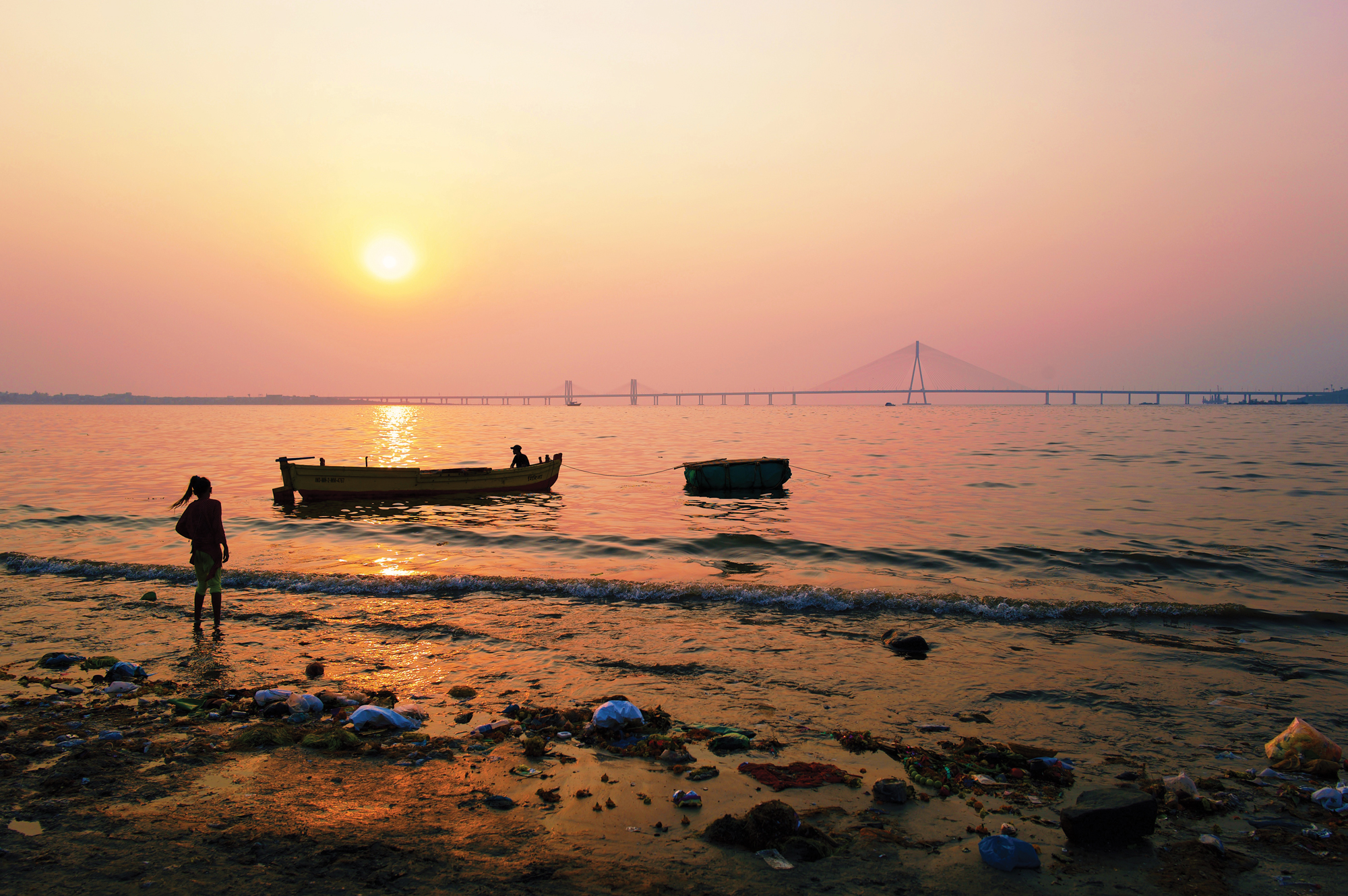
Which countries either overwhelmed or underwhelmed you?
I can’t comment on countries…because I only saw slices of places. But, Tokyo, Mumbai, and Mexico City overwhelm in the best ways possible. Everyone’s sleeping on the Baltics and the Balkans. Tbilisi is also mesmerizingly magical. And respectfully, I have no need to return to Prague, Kowloon, Baku or Santiago.
I can’t comment on countries…because I only saw slices of places. But, Tokyo, Mumbai, and Mexico City overwhelm in the best ways possible. Everyone’s sleeping on the Baltics and the Balkans. Tbilisi is also mesmerizingly magical. And respectfully, I have no need to return to Prague, Kowloon, Baku or Santiago.
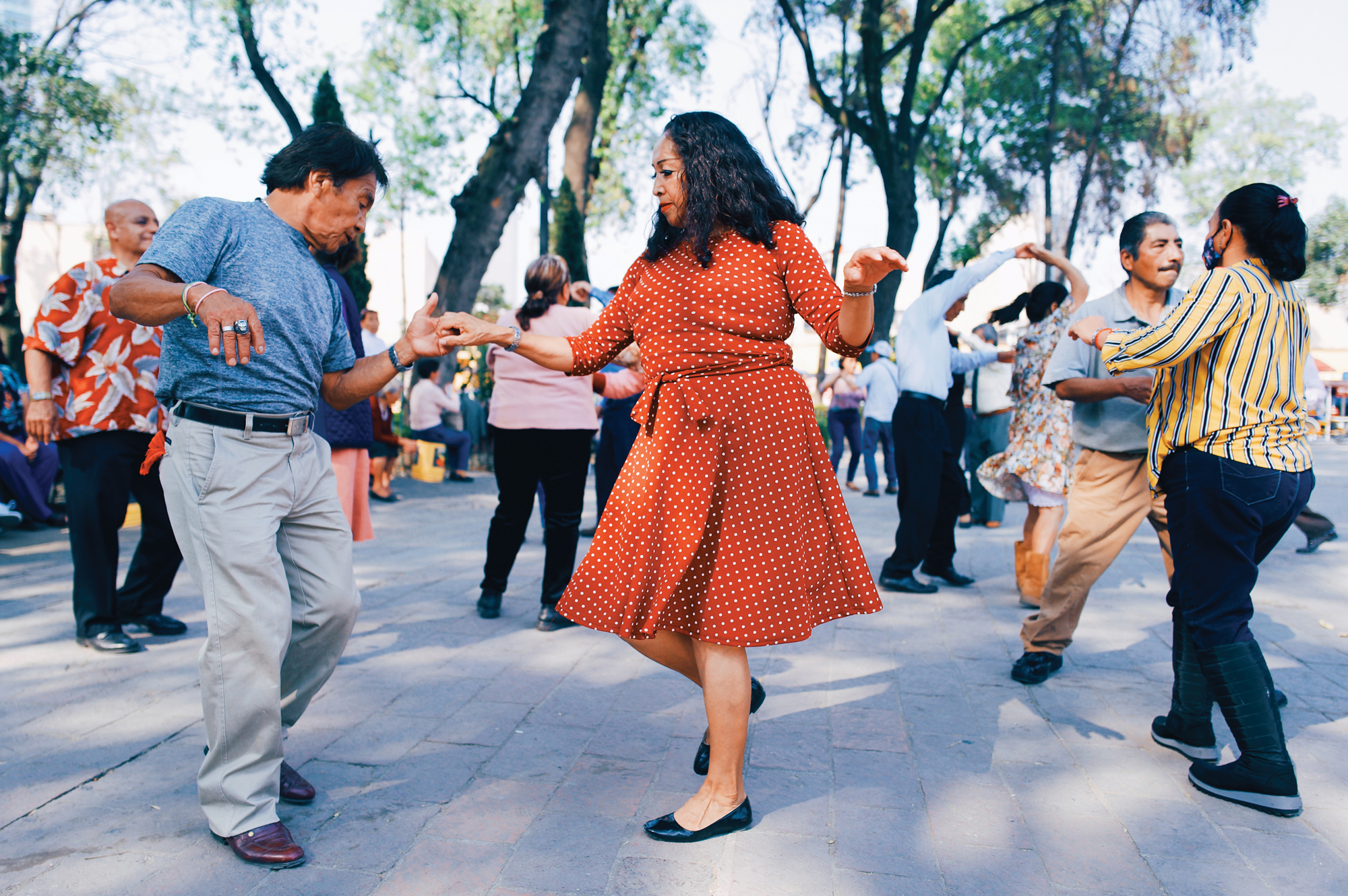
What were a few of the key lessons you learned during the Marathon Earth Challenge?
Overall, I learnt that we can do hard things. However, my tenacity is an iota of the tenacity that exists out there; I saw people working very dangerous jobs to earn a living, and others being very dignified in undignified situations. Human resolve is incredible…and I drew a lot of power from others (I’m so soft in comparison). Further, at our cores…us humans are more alike than we are dissimilar; we mostly just want to do our job, get paid, hang with friends and/or family, stuff good food in our gobs, and pursue our hobbies. This beautiful ‘sameness’ gave me huge reassurance of our shared humanity, especially when so many other forces are trying to divide us today.
If you’d like to learn more about Ben’s Marathon Earth Challenge, you’re welcome to check out his website at benpobjoy.com and follow him on Instagram @benpobjoy.
Overall, I learnt that we can do hard things. However, my tenacity is an iota of the tenacity that exists out there; I saw people working very dangerous jobs to earn a living, and others being very dignified in undignified situations. Human resolve is incredible…and I drew a lot of power from others (I’m so soft in comparison). Further, at our cores…us humans are more alike than we are dissimilar; we mostly just want to do our job, get paid, hang with friends and/or family, stuff good food in our gobs, and pursue our hobbies. This beautiful ‘sameness’ gave me huge reassurance of our shared humanity, especially when so many other forces are trying to divide us today.
If you’d like to learn more about Ben’s Marathon Earth Challenge, you’re welcome to check out his website at benpobjoy.com and follow him on Instagram @benpobjoy.
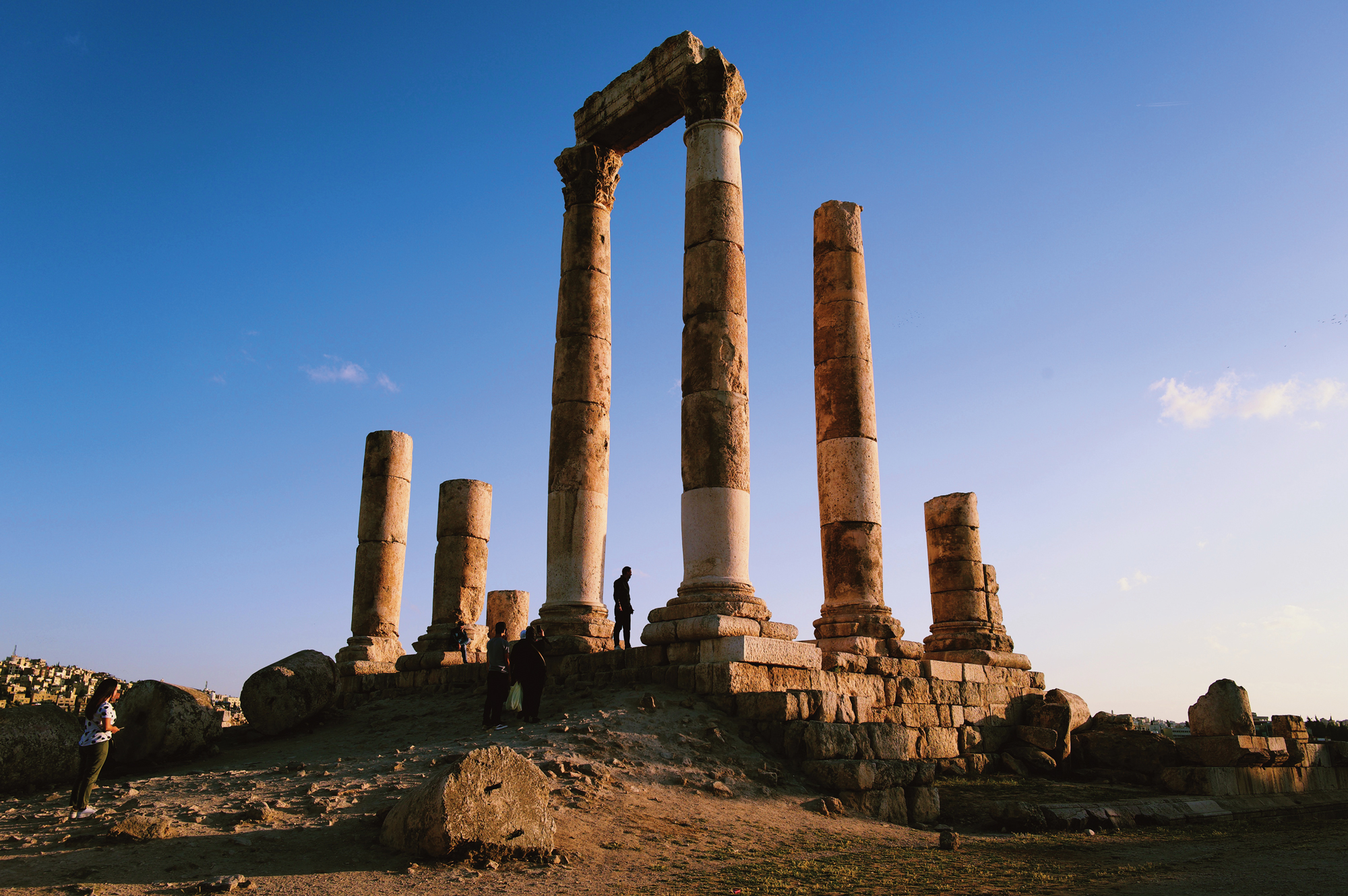
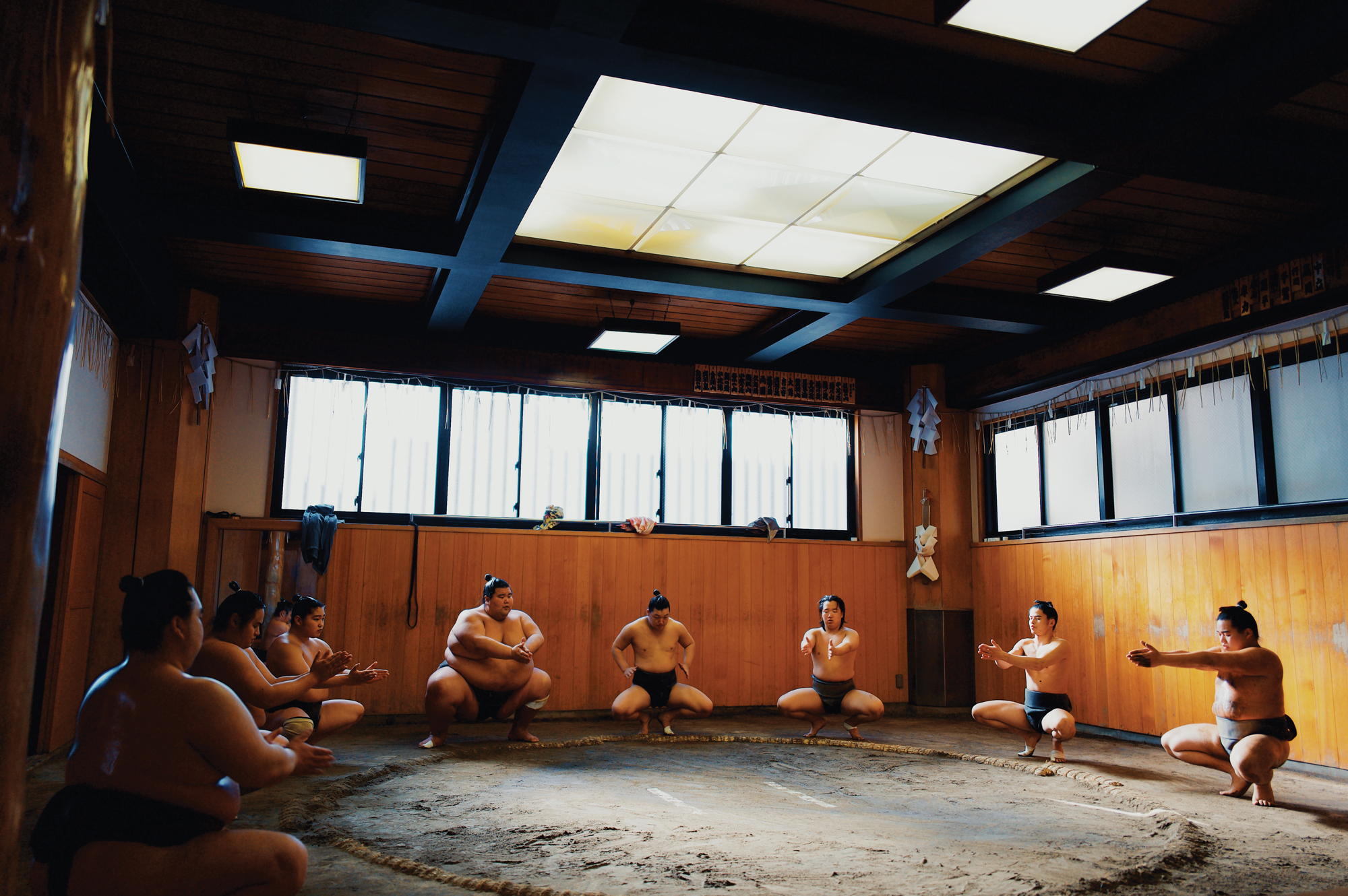
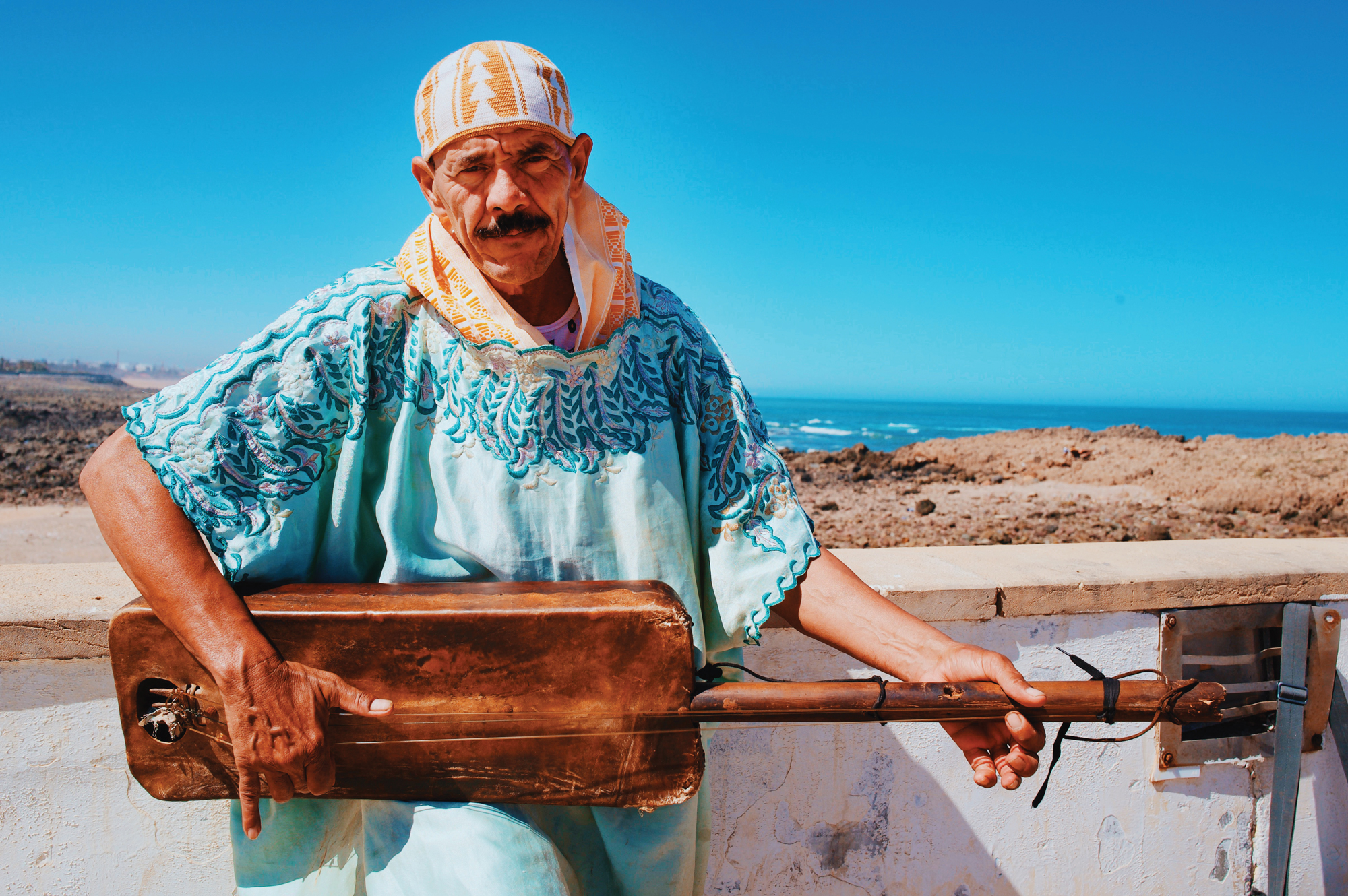
more articles


